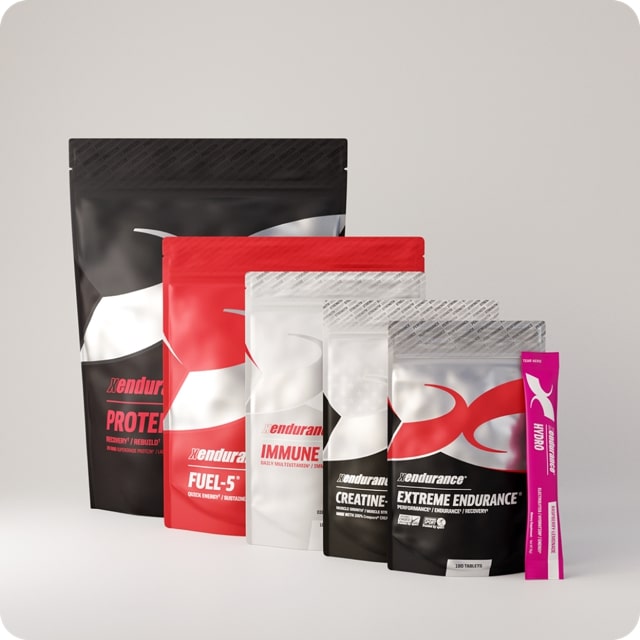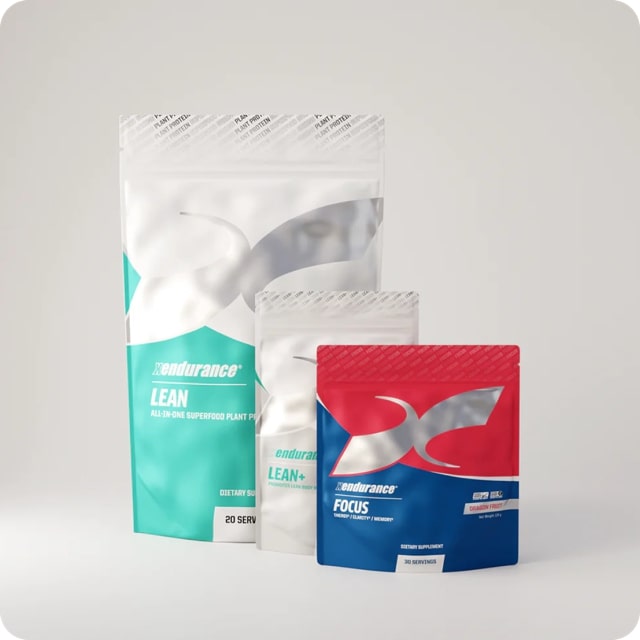Depression can be crippling. With mental health being a more openly discussed topic in recent years, more people are aware of whether they have it. However, dealing with this condition is still tough, to say the least.
The usual depression treatments many of us know include antidepressants and therapy. But are there other means that can help support these treatments? Is it possible for non-prescription supplements to help?
Read on to learn how supplementation may help a person deal with depression.
What Is Depression?
While many use depression as a way to express sadness, it's a more serious mood condition many people experience that not many realize right away. Depression is a mood disorder that makes people feel despair or extreme sadness for a long time.
This condition interferes with a person's day-to-day life. It can also manifest physical conditions such as pain, changes in weight, sleep disruptions, and low energy. People suffering from it also may experience intense feelings of worthlessness and, in severe cases, suicidal thoughts.
Some depression symptoms include the following:
- Feeling sad or empty for long periods
- Feeling helpless or hopeless
- Feeling guilty or worthless
- Easily angered and irritable
- Feeling of restlessness
- Finding it hard to concentrate
- Fatigue
- Disruption of sleep patterns
- Changes in appetite
- Chronic body pain and headaches
- Losing interest in previously loved activities
- Distancing oneself from friends and family
- Having suicidal thoughts or thoughts of death
While no cure exists for this mental disorder, treatments are available. The two common treatments include antidepressant medicine and therapy. Other factors, such as certain nutrients and practices, may aid in easing symptoms.
Can Supplements Help With Depression?
Given how specific nutrients and minerals affect our body, some supplements may help manage depression symptoms. Here are some of them:
5-HTP
Numerous studies tackle 5-HTP's effects on depression symptoms. Currently, the exact cause of depression is not entirely known. But some scientists theorize that a serotonin imbalance can affect one's mood, which may result in depression.
Some studies suggest that 5-HTP as a supplement may help ease depression symptoms by increasing serotonin levels.
There have been several studies that found 5-HTP possibly helps reduce depression symptoms. However, a couple of them lacked a placebo group for comparison, so more research is still needed.
Other research also indicates that 5-HTP's antidepressant effects may be stronger when taken with antidepressant medication.
Vitamin D
Vitamin D supplementation may also help with depression. Studies have observed the instance of depression being common among people with a deficiency of Vitamin D.
A study done in Peshawar, Pakistan, found there is a high frequency of vitamin D deficiency among those with depression. As such, it's possible that supplementing with vitamin D may help minimize the instance of depression.
However, experts say further studies are still needed to determine if this nutrient can be a cost-effective part of depression treatments.
Vitamin B-12
While it's not fully understood, experts have found a link between B vitamins, such as B-12, and depression.
According to an article published in the Journal of Psychopharmacology, substantial evidence suggests a lowering of vitamin B-12 serum in the body is linked with increased depression.
On top of this, the study also indicates that having high levels of vitamin B-12 can help the outcome of a person's depression treatment.
Serotonin is another thing that may link B-12 to easing depression. B-12 helps provide more serotonin to the brain, which can help regulate a person's mood.
Melatonin
Melatonin intake is another supplement that can support one's depression treatment. However, different studies still have conflicting evidence regarding if it can help.
A separate 2018 review similarly found that this supplement helped lower symptoms of depression for some people.
While studies connecting melatonin and depression showed minimal promise, other research found that melatonin might be more beneficial for easing seasonal affective disorder.
Experts who conducted the research concluded that disrupted circadian rhythms were among the biggest factors in seasonal depression. As such, taking melatonin to help with sleep may reduce symptoms.
Omega-3 Fatty Acids
A popular supplement many people use in supporting mental health treatment is Omega-3. Our brains need this fatty acid to function properly.
Some believe that people who suffer from depression may lack EPA and DHA in their bodies. Given this, many scientists use this as the premise for studies linking omega-3 and depression.
In 2009, experts reviewed data taken from three studies conducted by using EPA in treating three types of depression, namely recurrent major depression among adults, major depression among kids, and bipolar disorder.
The review found that most subjects who took EPA significantly improved their mental health. It found they benefited from taking EPA compared to subjects with a placebo.
The current state of research about omega-3 and fish oil in helping treat and manage depression is promising. However, many experts still acknowledge the need for more extensive studies and research on this topic.
St. John's Wort
Another supplement nutrient that may help manage depression symptoms is St. John's wort. Some scientific studies found that this can help manage and treat mild depression.
However, a larger study sponsored by the National Center for Complementary and Alternative Medicine found that it doesn't have a significant positive effect in treating or managing moderately severe depression compared to a placebo.
Lifestyle Habits That May Help With Depression
Other than supplementation with some nutrients, some lifestyle factors may also support a person's treatment for depression and aid in managing symptoms.

Exercise
Exercising brings a lot of health benefits to the body. Some of these benefit a person by helping improve cardiovascular health and improving people's sleep, among many others.
A way that exercise helps a person when it comes to mental health is connected with the presence of endorphins. Doing high-intensity exercise prompts the body to release endorphins, also called feel-good chemicals, in our bodies.
Meanwhile, low-intensity training helps release growth factors or neurotrophic proteins. These help nerve cells grow and create new connections.
People who suffer from depression, as per experts, usually have a smaller hippocampus, which is part of the brain that regulates mood. Given that exercise promotes better nerve cell connections, exercise may also help relieve depression symptoms.
Diet
Experts say diet and a person's emotional well-being are also linked. Per recent study analyses, research supports the presence of a link between what a person eats and a person's risk of depression.
One study analysis concluded that specific diets could lower the risk of having depression. Such diets include a high intake of fruits and vegetables, olive oil, whole grains, and fish.
The opposite can be observed among people who consume a lot of red or processed meats, refined grains, high-fat dairy, and high-carb starches.
Meditation
Two of the biggest triggers for a person's depression are stress and anxiety. As such, many researchers and experts suggest that meditation can help change a person's reactions to such feelings, making their response more positive.
Meditation helps train the brain to sustain focus. This may help a person easily switch back to that focus during times of stress and anxiety.
Additionally, studies have found that meditation may help alter specific brain areas linked with depression. Two brain regions, the medial prefrontal cortex, and the amygdala, usually work off one another to spark depression. Studies found that meditation may aid in breaking the connection between them.
Therapy
Therapy is one of the most commonly used treatments for depression. It's one of the most effective treatments that may help a person manage depression and ease its symptoms.
During a therapy session, a licensed therapist, psychologist, or psychiatrist will use psychotherapy techniques to help a person deal with and manage depression.
During a session, a therapist will evaluate your condition, adapt therapy techniques, or even evaluate whether antidepressants are necessary.
Supplements and Mental Health
Certain nutrients and practices have physiological effects that affect a person's emotional well-being. However, more studies connecting some nutrients and their possible benefits in managing depression have made promising strides.
While some supplements have shown positive effects, proper treatment of depression, specifically with appropriate therapy and medication, will still give the best results.
Nevertheless, there's no harm in incorporating healthy supplemental nutrients that can support depression symptom management. Try incorporating supplements in supporting your plan to manage your mental well-being.











Leave a comment
This site is protected by reCAPTCHA and the Google Privacy Policy and Terms of Service apply.